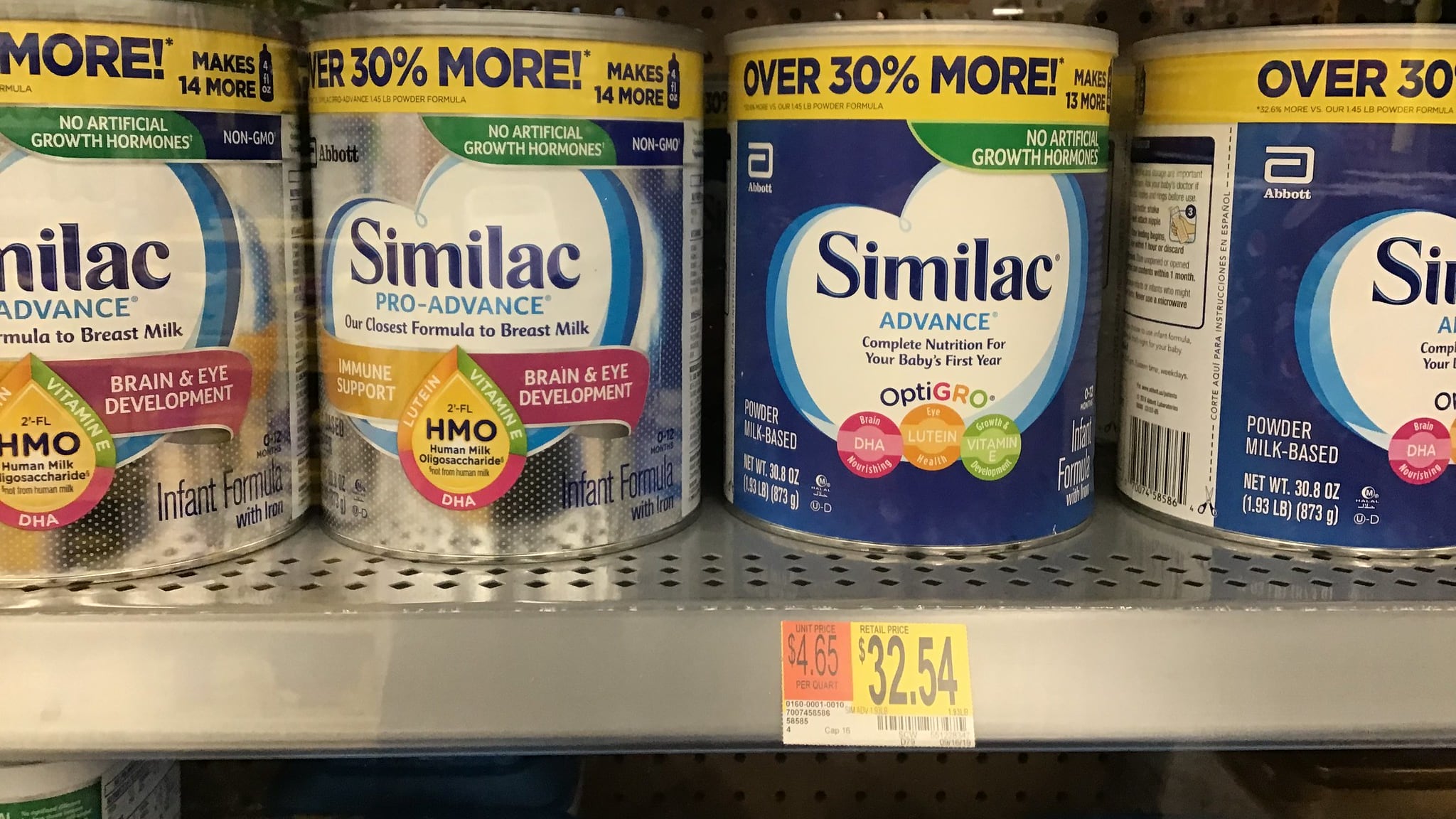Got breast milk? If so, Oregon Attorney General Ellen Rosenblum encourages you to donate it to your local milk bank.
Rosenblum is also going after anyone caught price gouging for what’s become liquid gold.
“The Oregon Department of Justice is aware of reports of baby formula being sold online for prices far exceeding its retail value,” Rosenblum said in a May 13 statement.
With authorization from Gov. Kate Brown, Rosenblum has the power to bust any brick-and-mortar business or online vendor that tries to sell formula for more than 15% above listed prices.
“Attorney General Rosenblum urges Oregonians to be on alert for potential price gouging of baby formula and to report any significant price increases to her office,” the Oregon Department of Justice said in a statement. (Disclosure: Rosenblum is married to Richard Meeker, the co-owner of WW’s parent company)
Supplies of baby formula have been dwindling in the U.S. since February, when Abbott Labs shut a factory in Sturgis, Mich., to halt the spread of Cronobacter sakazakii, a bacterium that likely killed two babies and injured two more, according to the Centers for Disease Control and Prevention. Abbott makes 43% of the baby formula sold in the U.S., including the brand Similac, according to Matt Stoller, who writes about corporate monopoly power on Substack.
Formula appears to be constrained in Oregon. Similac 360 Total Care Infant Formula was unavailable online at Fred Meyer, and Kirkland Signature ProCare with Dual HMO’s was out of stock at Costco online. New Seasons appeared to have Earth’s Best Infant Formula with Iron (in powder form) in stock through Instacart.
Stoller blames the shortage on monopoly behavior by Abbott and overly restrictive regulations from the U.S. Food and Drug Administration. “Manufacturing formula is very specific,” Stoller wrote today. “It fits in somewhere between medication and food. FDA officials see themselves as an elite priesthood, pursuing excellence merely by dint of being at the FDA. From this perspective, there is zero incentive to let new players into the baby formula market when, in their view, there are already excellent quality companies serving the market, such as Abbott Labs, Mead Johnson, and Nestlé.”
Abbott issued a statement today saying the company is addressing the FDA’s concerns about conditions in the Sturgis factory and that it could reopen within two weeks.
“Since the recall, one of our priorities has been to mitigate the supply issues,” Abbott said in the statement. “In particular we’ve been focusing on production in our Cootehill, Ireland, facility to serve state Special Supplemental Nutrition Program for Women, Infants and Children (WIC) consumers.”
WIC, a division of the Department of Agriculture, is the biggest buyer of formula in the U.S., according to Stoller. Abbott said it has been air-shipping powdered formula to the U.S. from Ireland to boost supplies.
Northwest Mother’s Milk Bank confirms the shortage on infant food. “There is high demand for pasteurized breastmilk in the Northwest, and Northwest Mothers Milk Bank works to quickly distribute it to as many infants as we can,” the Tigard-based organization says on its website. “Your ongoing donations are greatly needed.”
Mothers with milk to spare can’t just show up, though. Northwest Mothers Milk Bank requires an interview, written details about medical history and lifestyle, and blood screening for HIV, HTLV, hepatitis B and C, and syphilis.
Northwest Mothers Milk is a member of the Human Milk Banking Association of North America.

